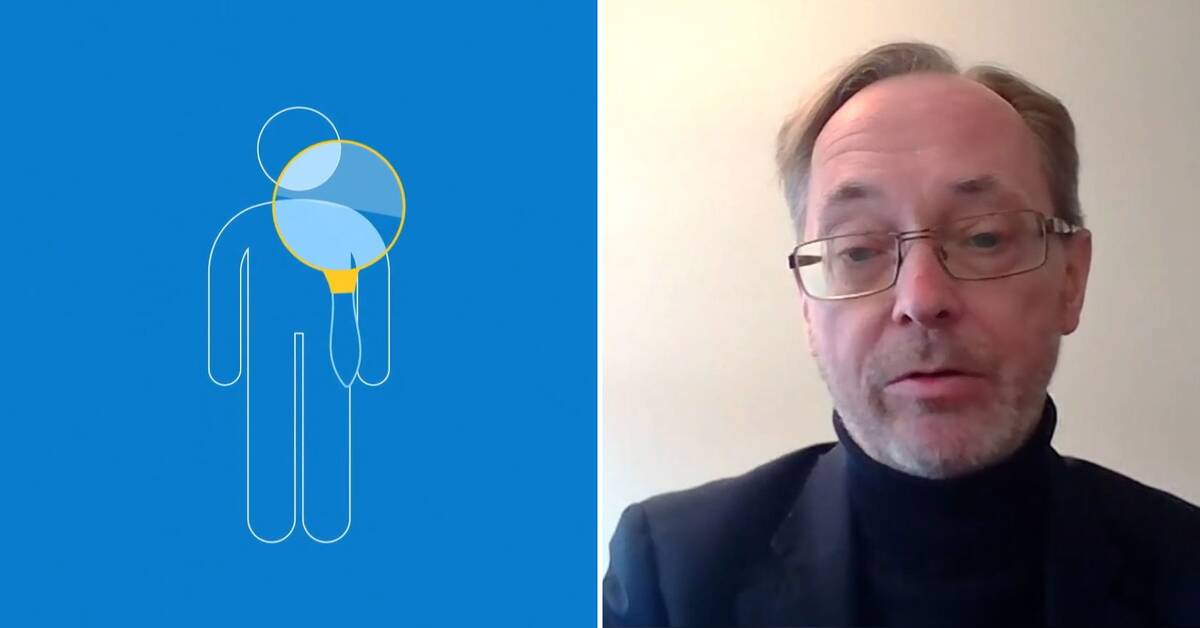Verifiera has sold judgments dealing with sensitive health information about substance abuse treatment (LMV) and psychiatric coercive treatment (LPT) to recruiters.
But according to the decision of the administrative court, the company does not have the right to do so.
- Verifiera AB has processed a large amount of sensitive personal data and individuals are at risk of being affected by the business.
The administrative court considers that the processing of personal data has had no journalistic purpose, says councilor Mats Mossfeldt in a press release.
The decision comes after Verifiera appealed a similar decision from the Privacy Protection Authority, IMY.
Journalism?
Judgments are public, but according to GDPR it is not legal to keep a database of personal data.
However, there is an exception for journalistic activities and Verifiera has applied for a so-called voluntary publication certificate, which has given the company the right to operate as a media company.
The administrative court writes that it does not dispute that parts of Verifiera's activities are journalistic, but that the function of background checks for recruiters is not.
"Johan", is searchable in Verifiera's database after receiving compulsory psychiatric care.
He has been rejected by over 400 potential employers, despite relevant training and is one of the reasons why IMY opened a case against Verifiera.
- I feel a sense of relief and like this thing with background checks can be a closed chapter.
If you have a compulsory care decision that recruiters can get access to, it will be a limitation in which jobs you can get access to, he says.
Enable review
Verifiera will appeal the decision to the Court of Appeal and Gunnar Axén, Verifiera's chairman of the board, says that by providing judgments, journalistic scrutiny is enabled.
Is Verifiera doing journalistic business, isn't it primarily a database aimed at recruiters?
- We produce our own news and deliver public documents to newsrooms that review individuals or how the judiciary makes decisions, says Gunnar Axén.

